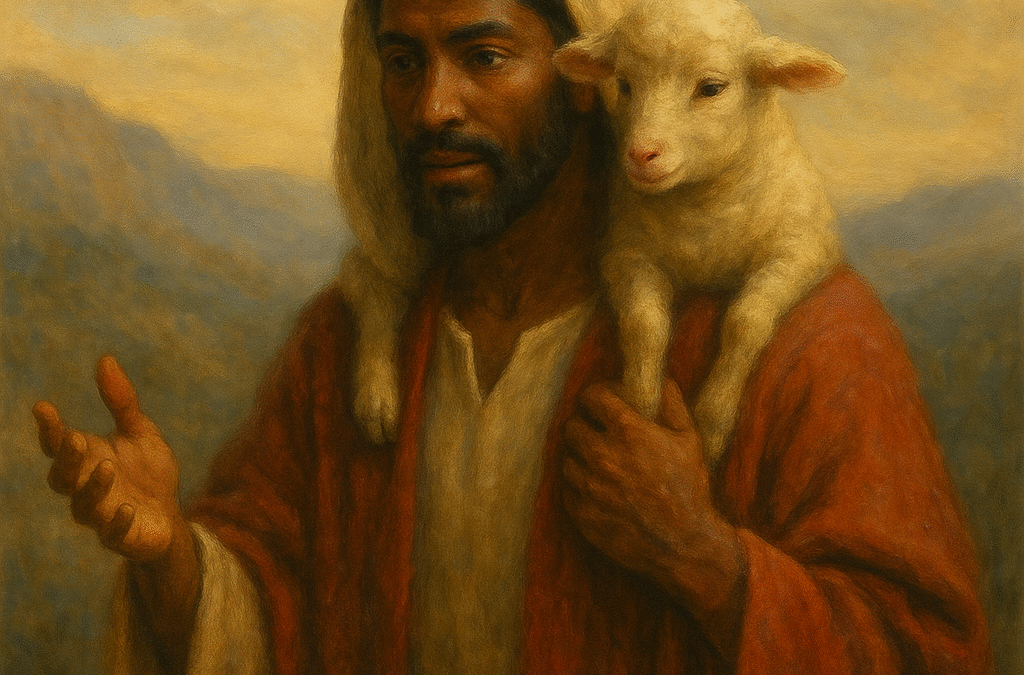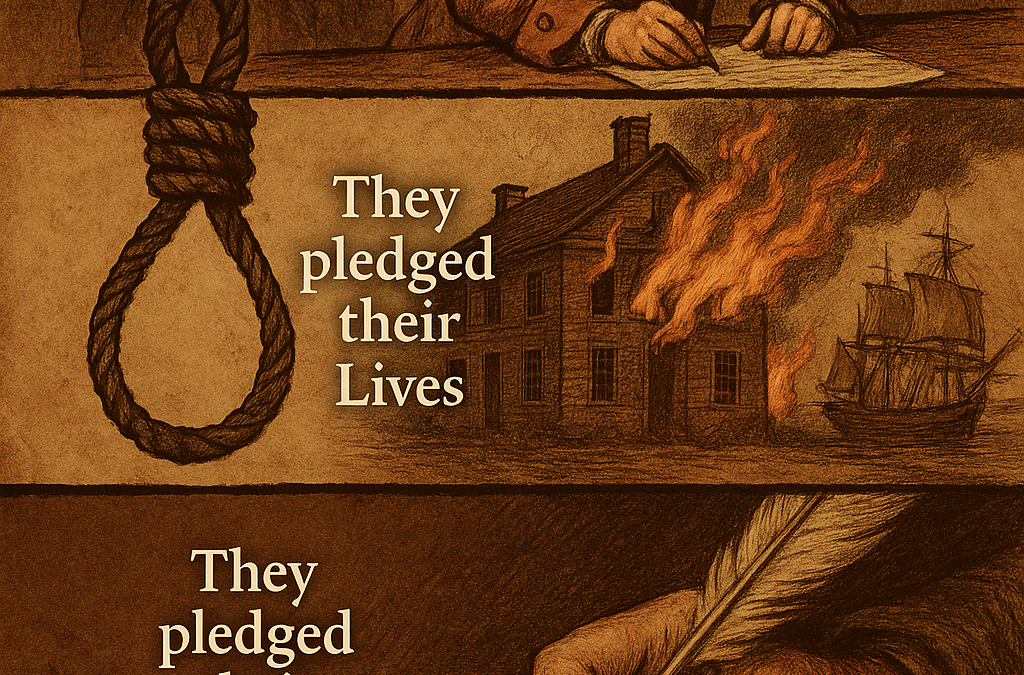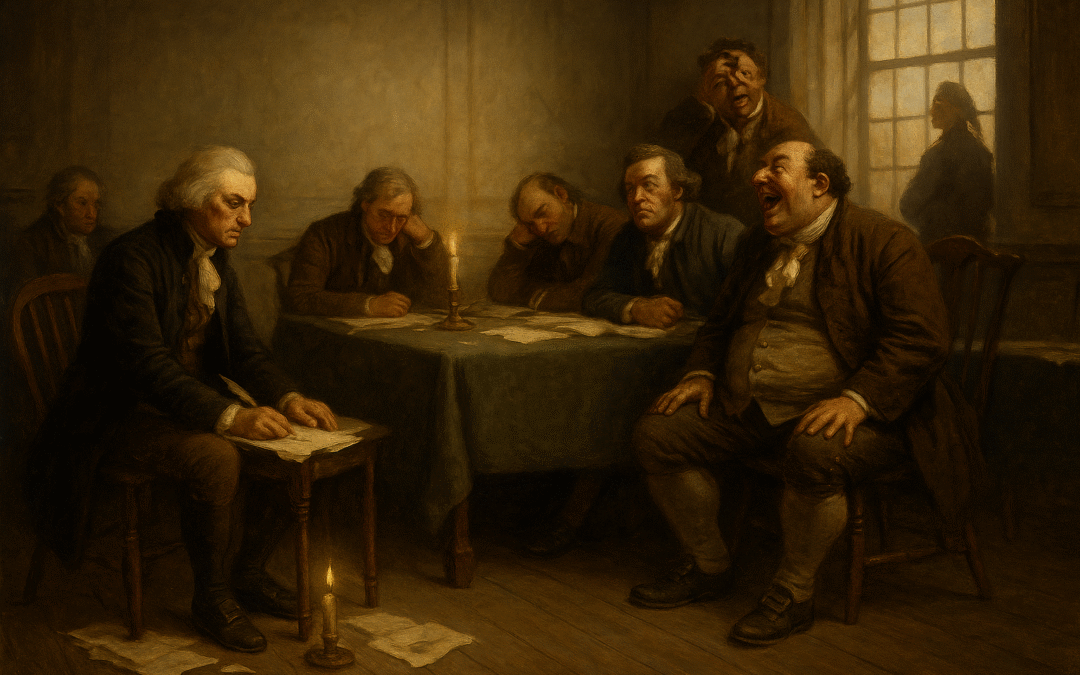
When Faith Finds You
When Faith Finds You
🎧 Listen to the Devotional
Click the play button to hear an audio reading of this week’s devotional: “When Faith Finds You.”
When Faith Finds You
Key Verse:
“Without faith it is impossible to please Him, for he who comes to God must believe that He is, and that He is a rewarder of those who diligently seek Him.”
— Hebrews 11:6
We hear the word faith a lot.
In church, in songs, on coffee mugs.
But what does it really mean?
Is it just hoping things get better? Is it believing harder? Trying to stay positive when life feels anything but?
No. It’s deeper than that. It’s more personal.
Faith is not about trying harder.
It’s about hearing God’s voice—and responding.
Faith isn’t a feeling.
It’s not something we manufacture on our own.
It’s something that rises up in us when we finally see Him for who He is.
That may happen in a moment of desperation.
Or in the middle of a song. Or a memory. Or someone else’s story.
It could be a grandmother’s prayer whispered over a child’s crib.
A friend’s late-night testimony of how God pulled them out of the dark.
A sermon that unexpectedly stirs your heart.
A moment when Scripture feels like it was written just for you.
Or even a stranger sharing something they didn’t know you needed to hear.
That’s how faith often comes—by hearing.
And the One speaking is God Himself.
It’s always been that way. From the very beginning.
Adam and Eve knew God. They walked with Him, talked with Him. They passed on what they knew.
Their children—and their children’s children—carried that spark of knowing.
- Abel brought a faithful offering.
- Enoch walked so closely with God that he never died.
- Noah trusted God when the no one else would.
- And from Noah came Abraham—who believed God’s promise, even when everything around him said it was impossible.
These weren’t perfect people.
But they heard God.
And they trusted Him.
Faith was born.
That same thread of faith still runs through history—through people like you and me. Through those who have walked with Him. Through those who have hurt and hoped and prayed and wondered.
We don’t start from scratch.
We’re part of a story that began long before us.
And now, you’re here.
Reading these words. Maybe remembering something. Maybe feeling something rise inside you.
Could it be… that He’s speaking to you, too?
You don’t have to clean yourself up first.
You don’t have to fix your life or pretend you’re okay.
You don’t even have to understand everything.
You just have to listen.
Because He’s already near.
He’s already reaching.
You don’t have to go searching for Him across some spiritual landscape—
He’s the one who comes after you.
Jesus said He would leave the ninety-nine to go find the one.
He’s still doing that.
And maybe today, you’re the one.
“Come to Me, all who are weary and burdened, and I will give you rest.”
— Matthew 11:28
“Draw near to God, and He will draw near to you.”
— James 4:8
Faith begins when we hear Him—and we say yes.
Maybe today… you just heard Him.
A Prayer for Today
Lord, I don’t want to keep running or hiding.
I believe You are who You say You are.
I believe You’re calling me to something deeper.
Help me hear Your voice.
Help me trust You.
Let my life become a part of the story You’re telling—one that draws others to You, too.
In Jesus’ name, Amen.

